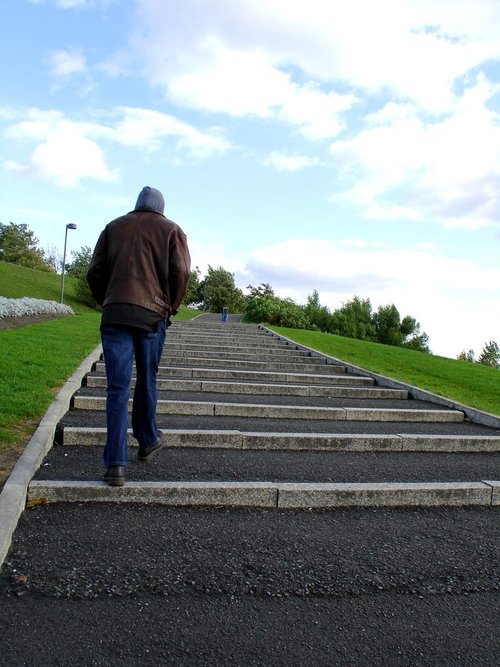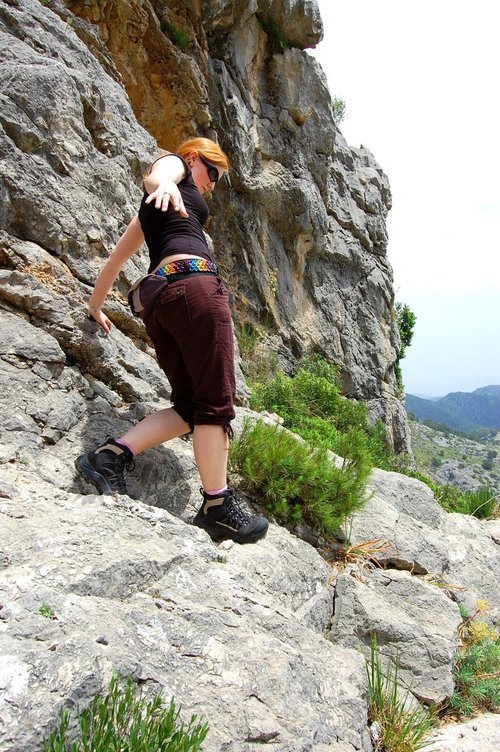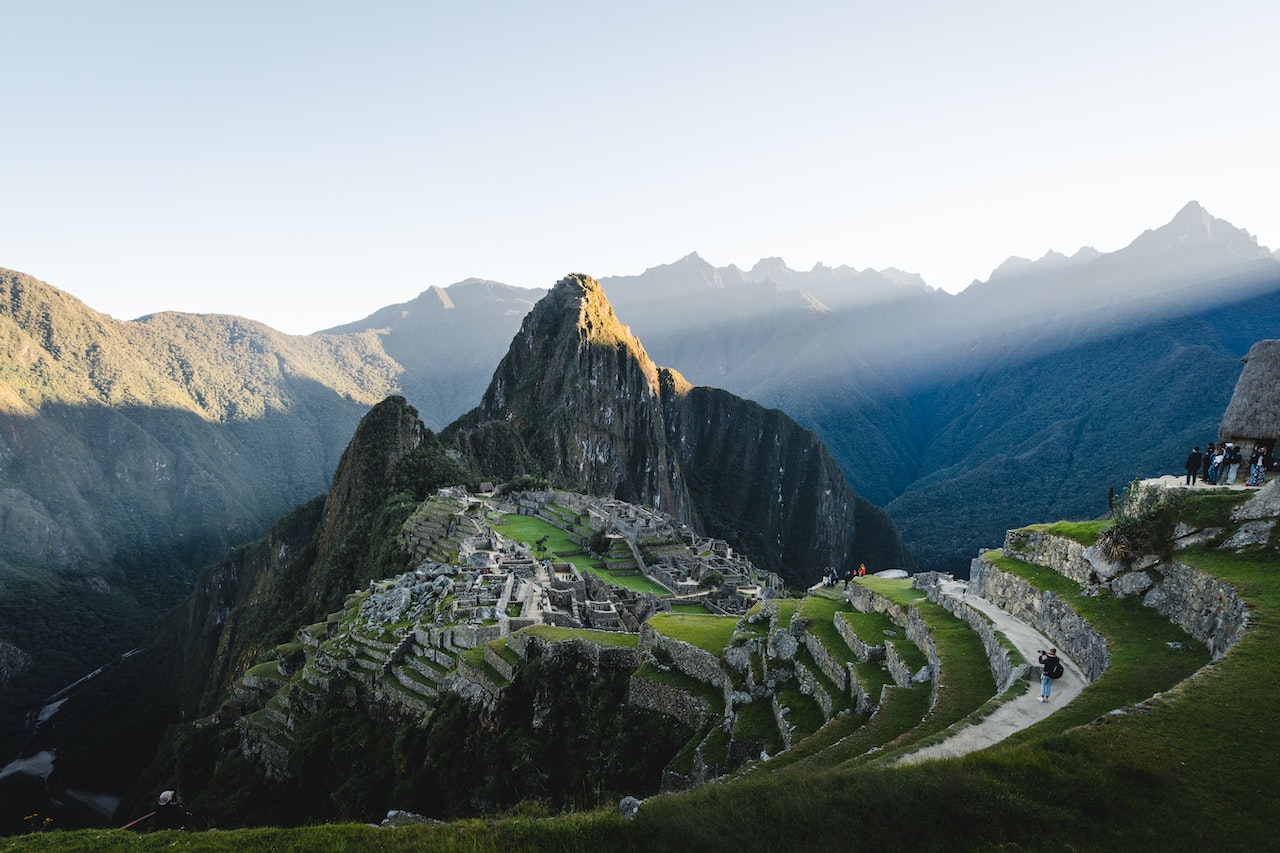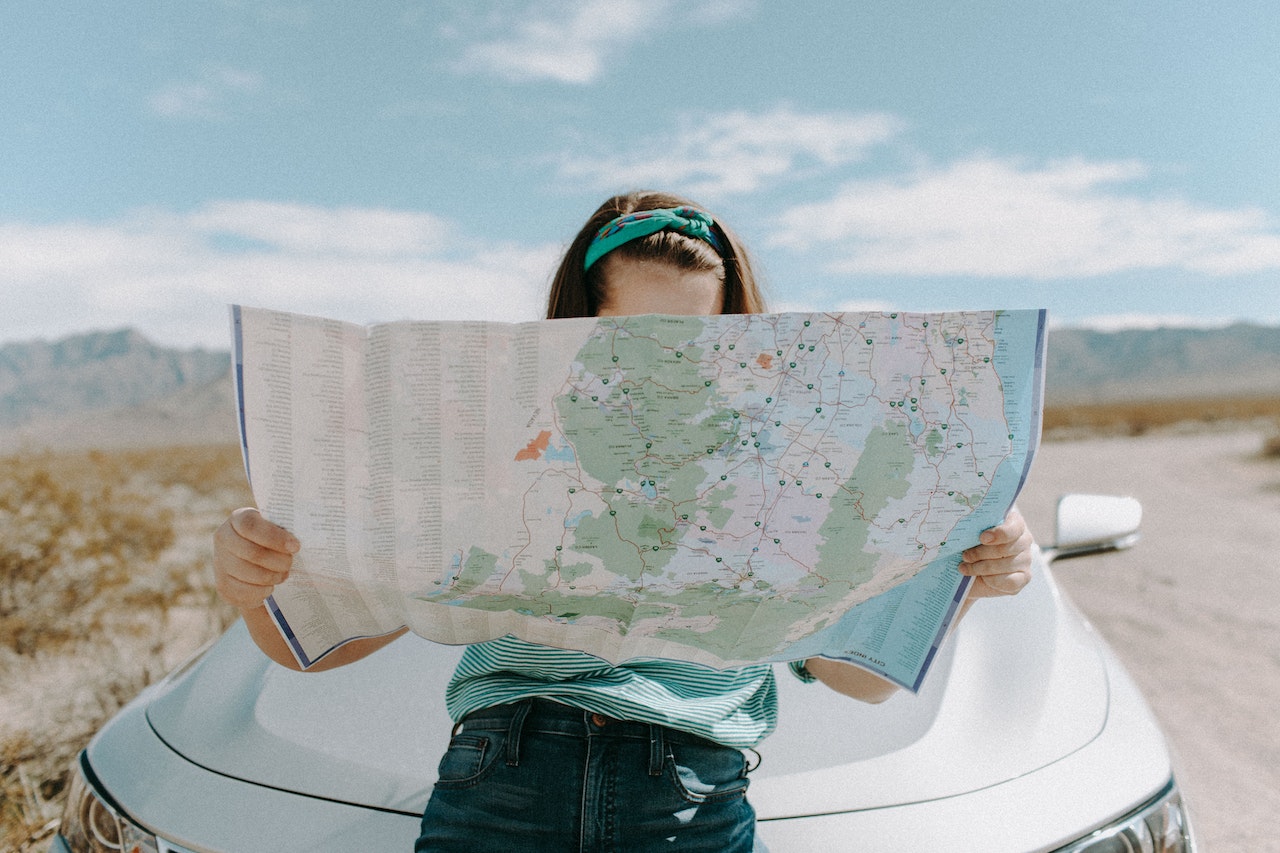The Mental Health Benefits of Solo Travel
Embarking on a journey alone might seem daunting to some, but as someone deeply passionate about the transformative power of travel, I’ve found that solo adventures offer far more than just sightseeing. They represent a unique and powerful pathway to enhanced mental wellbeing, personal growth, and a deeper understanding of oneself and the world. Increasingly, people are discovering that stepping out solo isn’t about loneliness; it’s about intentional space, self-discovery, and profound mental rejuvenation. In our fast-paced lives, solo travel emerges as a vital tool for escaping routine and fostering psychological wellness.
Escaping the Everyday: Finding Freedom in Solitude
So much of modern life revolves around routines – the daily commute, work schedules, social obligations. While comforting, this predictability can sometimes lead to a sense of monotony or feeling stuck. Experts like Abbey Sangmeister, a licensed professional counselor, emphasize that breaking free from this mundanity and facing challenges is crucial for mental health, facilitating personal development and growth. Solo travel acts as a powerful disruptor to the everyday flow, as travel expert Mandi Getz highlights. It deliberately removes us from our familiar environments and responsibilities, offering a much-needed pause from the ‘clutter of everyday life’, as psychologist Nicola Cann describes it. This isn’t just about changing scenery; it’s about creating intentional space for ourselves, away from the roles we play for others – parent, partner, employee, friend. It’s a chance to pursue what the Psychology of Travel blog calls ‘relaxation, soul-searching, overcoming fears…and all the other great things that make travel one of our greatest pursuits’, entirely on your own terms.
This intentional space allows for the embrace of solitude, a concept often misunderstood in our hyper-connected world. True solitude, chosen willingly, is not loneliness but a valuable opportunity for introspection and self-reflection. It’s a chance to reconnect with your inner self, listen to your own thoughts without external noise, and understand your needs and desires more clearly. As noted in Psychology Today, this period of solitude can function as ‘mental hygiene’, allowing for emotional processing and clarity. Research from Russia’s Higher School of Economics even suggests that intentionally seeking solitude can foster a greater sense of pleasure in being alone, turning it into a restorative practice. When combined with the awe-inspiring experiences travel provides – witnessing natural wonders or cultural landmarks – this positive solitude cultivates a profound sense of wellbeing that can be challenging to achieve within daily routines, a point echoed in Harper’s Bazaar which discusses the neurological benefits linked to awe.
Building Confidence and Resilience Through Independence
One of the most consistently reported benefits I’ve observed, and experienced myself, is the profound boost in self-confidence that comes from navigating the world alone. When you travel solo, you are the sole decision-maker, the chief navigator, and the primary problem-solver. From figuring out public transport in a foreign language to choosing where to eat or what sights to see, every decision rests on you. This might sound intimidating, but successfully managing these situations, big or small, builds an incredible sense of self-efficacy and competence. Experts point out that this process fosters resilience – the capacity to bounce back from adversity. Each hurdle overcome reinforces your belief in your own capabilities, making you feel empowered and energized, as highlighted by Woman and Home Magazine.
This independence is incredibly empowering. Research involving female solo travelers, such as a study on women’s solo travel intentions in Taiwan, shows that the pursuit of freedom, independence, and empowerment are significant motivators. For many, particularly women navigating societal expectations, solo travel offers a space to exercise personal freedom and autonomy, which is crucial for reducing stress and deriving personal meaning. The feeling of accomplishment after successfully completing a solo trip translates into lasting self-assurance that permeates other areas of life. You learn to trust your instincts and rely on your own resourcefulness, skills that are invaluable long after you’ve returned home. This journey fosters independence and strengthens your ability to handle whatever life throws your way, contributing significantly to long-term happiness and wellbeing, a sentiment echoed in research discussed by the Tourism Students Virtual Conference.
Deepening Connections Self Awareness and Mindfulness
While solo travel emphasizes independence, it paradoxically often leads to deeper connections – with yourself, with others, and with the world around you. The quiet moments of solitude provide fertile ground for self-discovery. Without the distraction of companions, you have the time and mental space to truly explore your interests, values, and passions. What genuinely excites you? What challenges you? What brings you joy? Solo travel encourages you to answer these questions honestly, leading to greater self-awareness and alignment with your authentic self. This journey towards self-actualization is a core benefit highlighted by many, including Mieke Vander Heyden, who emphasizes self-discovery and reflection as key advantages. It’s a chance for what Dr. Todd Kashdan calls ‘sufficient, high-quality time to be alone’, creating ‘white space’ for focused thought, as mentioned in Inverse.
Furthermore, traveling alone often makes you more approachable and open to interacting with others. Without a travel partner to rely on for conversation, you might find yourself striking up chats with locals, fellow travelers, or hostel staff more readily. These spontaneous interactions can lead to meaningful connections and friendships, enriching your travel experience immeasurably. HI USA notes that these social interactions can even trigger ‘happy hormones’ like oxytocin and serotonin. Beyond individual connections, solo travel fosters a broader sense of global connectedness. Engaging directly with different cultures challenges preconceived notions, builds empathy, and helps you appreciate the shared humanity that transcends borders. This broadened perspective is not just enlightening; it’s crucial for becoming a more compassionate and informed global citizen.
Another subtle yet powerful benefit woven into these experiences is the natural cultivation of mindfulness. When you’re alone in a new place, your senses tend to heighten. You notice the small details – the aroma of street food, the architecture of buildings, the rhythm of local life – things you might miss when engaged in constant conversation. This heightened awareness pulls you into the present moment, reducing anxieties about the past or future. Simply observing the world around you, savoring a meal alone, or getting lost in a museum can be deeply meditative experiences, promoting calm and mental clarity. This focus on the present is a cornerstone of mental wellness, often amplified by the unique context of solo exploration and the awe it can inspire, potentially triggering positive neurological responses as some research suggests.
Planning and Embracing Your Solo Adventure
Embarking on a solo trip does involve planning and acknowledging potential challenges, but these are part of the empowering journey.
Practical Tips for a Smooth Journey
Safety is often a primary concern, particularly for first-time solo travelers. It’s wise to research your destination, understand local customs, and choose accommodation with good reviews. Simple steps like sharing your itinerary with someone back home, staying aware of your surroundings, and trusting your intuition go a long way in ensuring a safe experience. Organizations like MyBlackDog offer support and emphasize the importance of planning and staying connected. It’s also important to acknowledge that moments of loneliness or feeling overwhelmed can occur. This is a normal part of the experience. Preparing for these feelings, perhaps by having comforting activities planned or knowing how to connect with others if needed (like joining a walking tour or staying in sociable accommodation), can help. Embracing flexibility is also key. Travel rarely goes exactly according to plan, and solo travel is no exception. Viewing unexpected changes or challenges not as setbacks, but as part of the adventure, builds adaptability. Sometimes the best experiences arise from spontaneous decisions and detours from the original itinerary. Consider keeping a journal, as suggested by CN Traveller, to process experiences and emotions along the way.
Getting Started with Solo Travel
If you’re new to the idea, start small. Abbey Sangmeister suggests gradually increasing comfort with solitude, perhaps by having coffee or meals alone in public first. Try visiting a local museum by yourself, or taking a solo weekend trip nearby. Gradually increasing your comfort with solitude and independence can build confidence for longer adventures. Joining a group tour designed for solo travelers can also be a great intermediate step, offering structure and companionship alongside opportunities for independent exploration. Remember, the goal isn’t necessarily to conquer the world single-handedly on your first try, but to gently push your boundaries and discover the benefits for yourself.
The Lasting Impact Integrating the Journey Within
The mental health benefits of solo travel don’t evaporate the moment you return home. The resilience you built navigating unfamiliar streets, the confidence gained from overcoming challenges, the self-awareness cultivated during quiet moments of reflection – these become integrated into your being. You bring back more than souvenirs; you bring back a stronger, more adaptable, and more self-assured version of yourself. This boost in problem-solving skills and decision-making capabilities, honed on the road, serves you well in everyday life.
Experiences that push you outside your comfort zone, like solo travel, fundamentally change your perspective. You might find yourself less stressed by minor daily inconveniences, more open to new experiences at home, and more empathetic towards others. The cognitive stimulation and broadened perspectives gained can reignite creativity and passion in your work and personal life. Interestingly, these benefits extend even to those in relationships or with families. As experts in India Today highlight, taking time for yourself allows you to return refreshed and with a clearer sense of your own needs and identity, which can actually foster healthier relationship dynamics by preserving individuality alongside partnership.
Ultimately, solo travel is an investment in yourself. It’s a declaration that your wellbeing, growth, and inner world matter. It’s about discovering that you are capable of far more than you might imagine and that your own company can be enriching and fulfilling. Whether it’s a short escape or an extended expedition, the act of venturing out alone holds the potential to profoundly reshape your mental landscape, leaving you not just well-traveled, but truly well.








